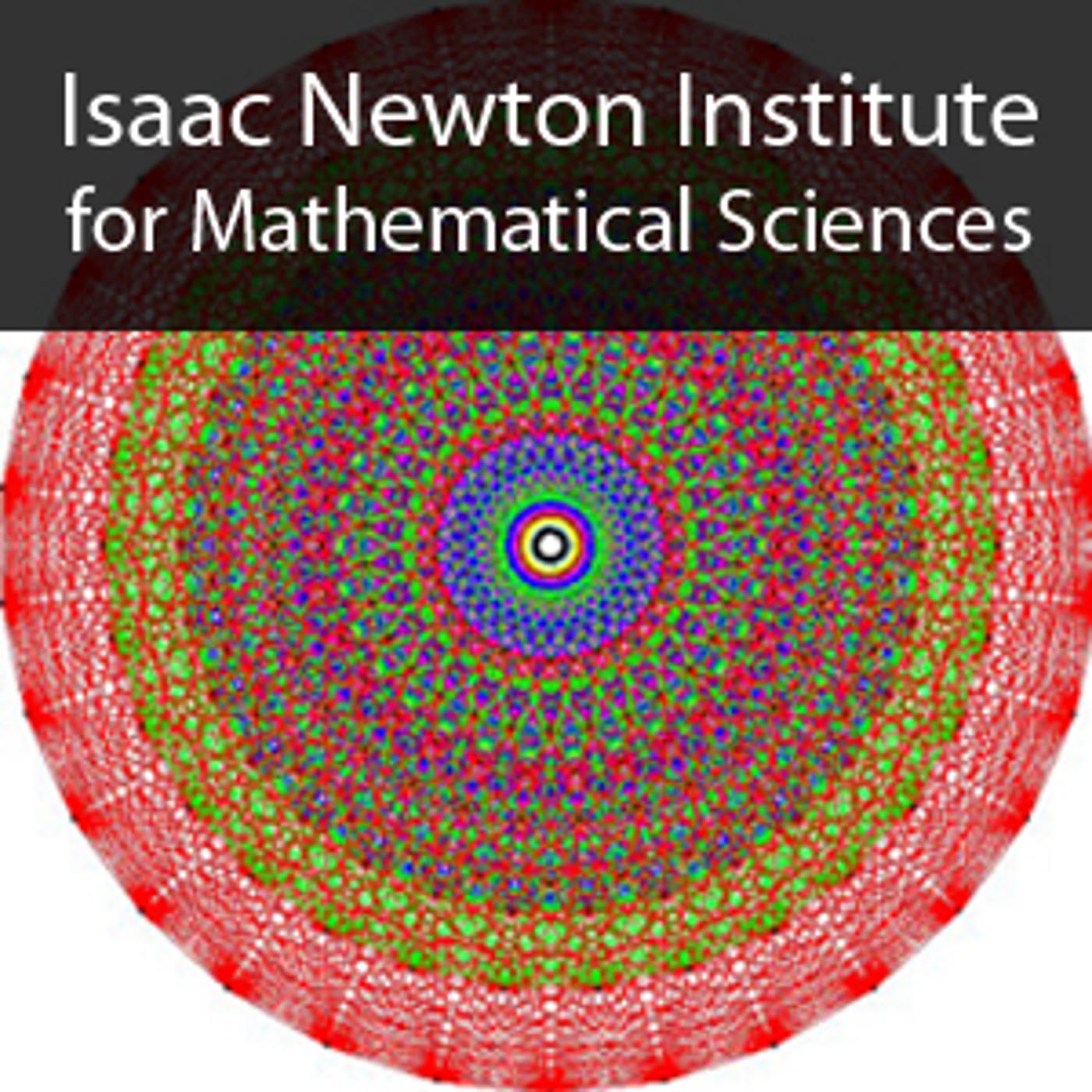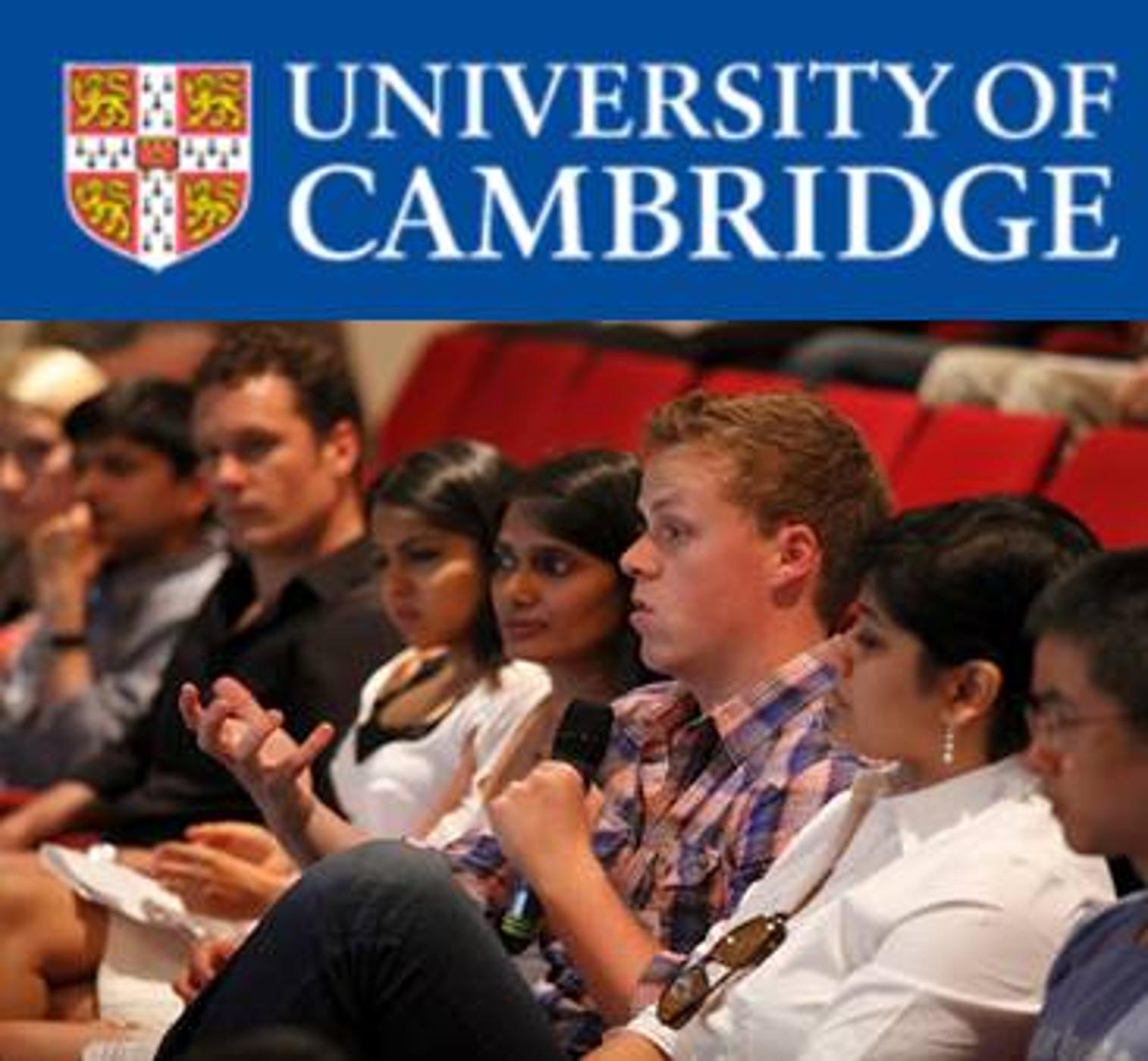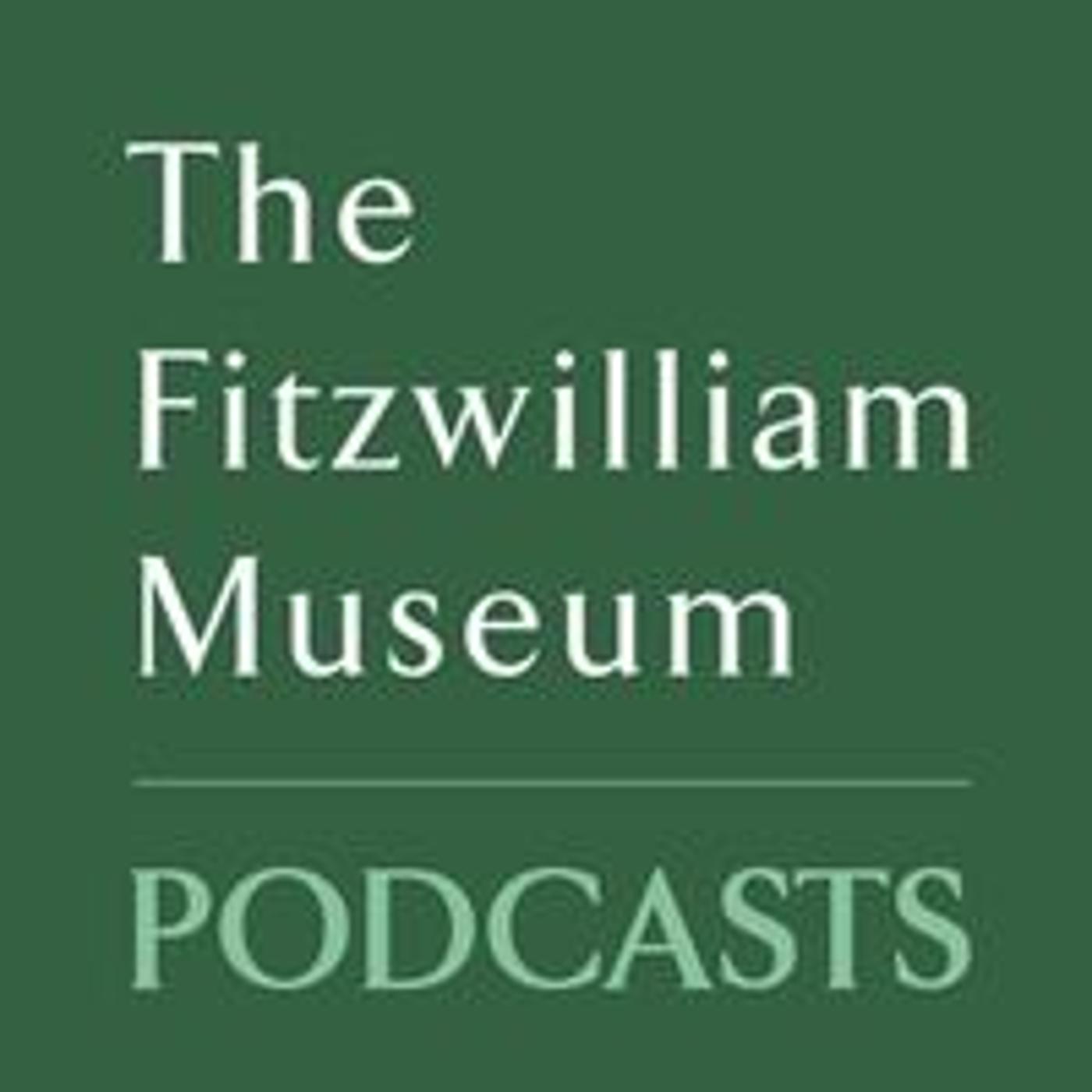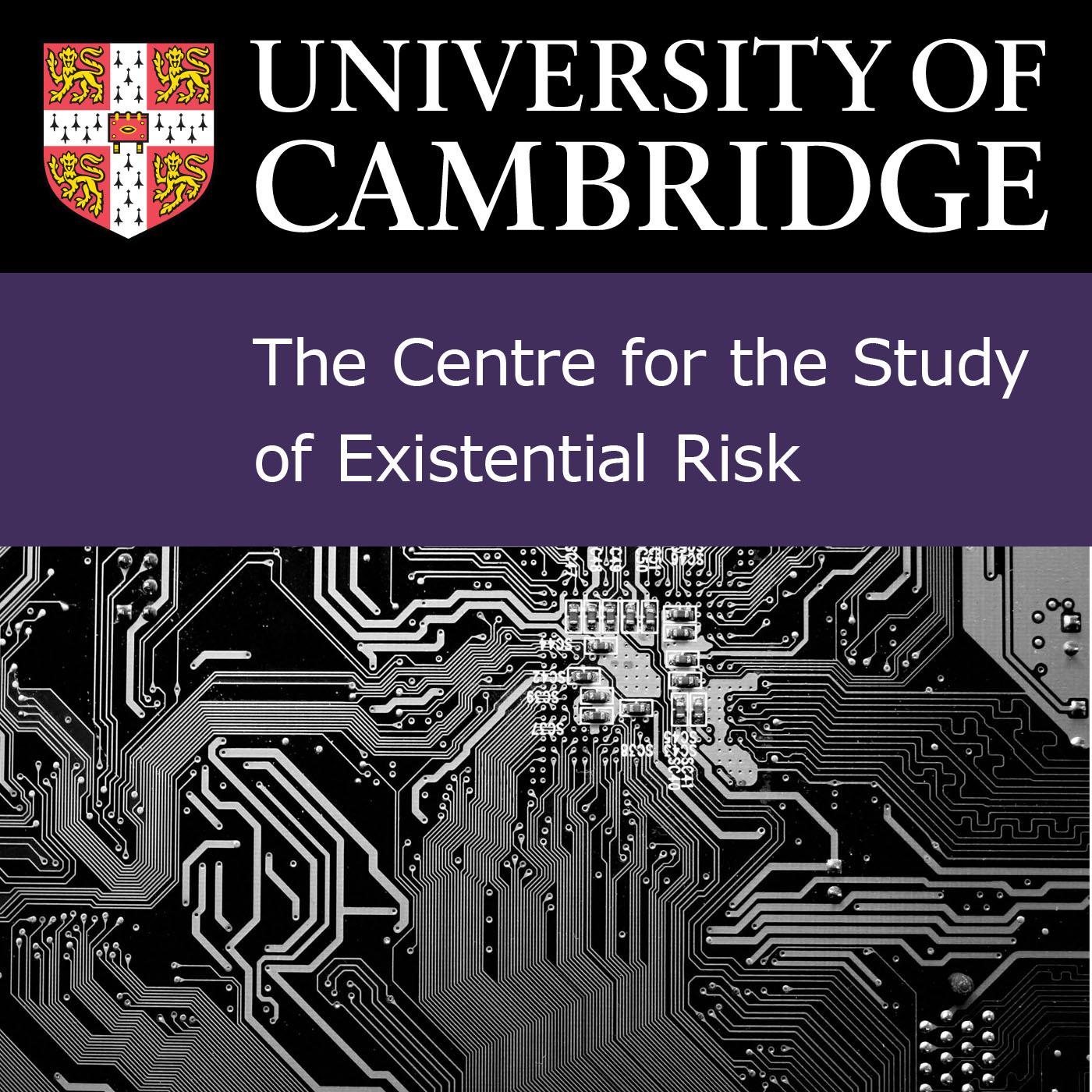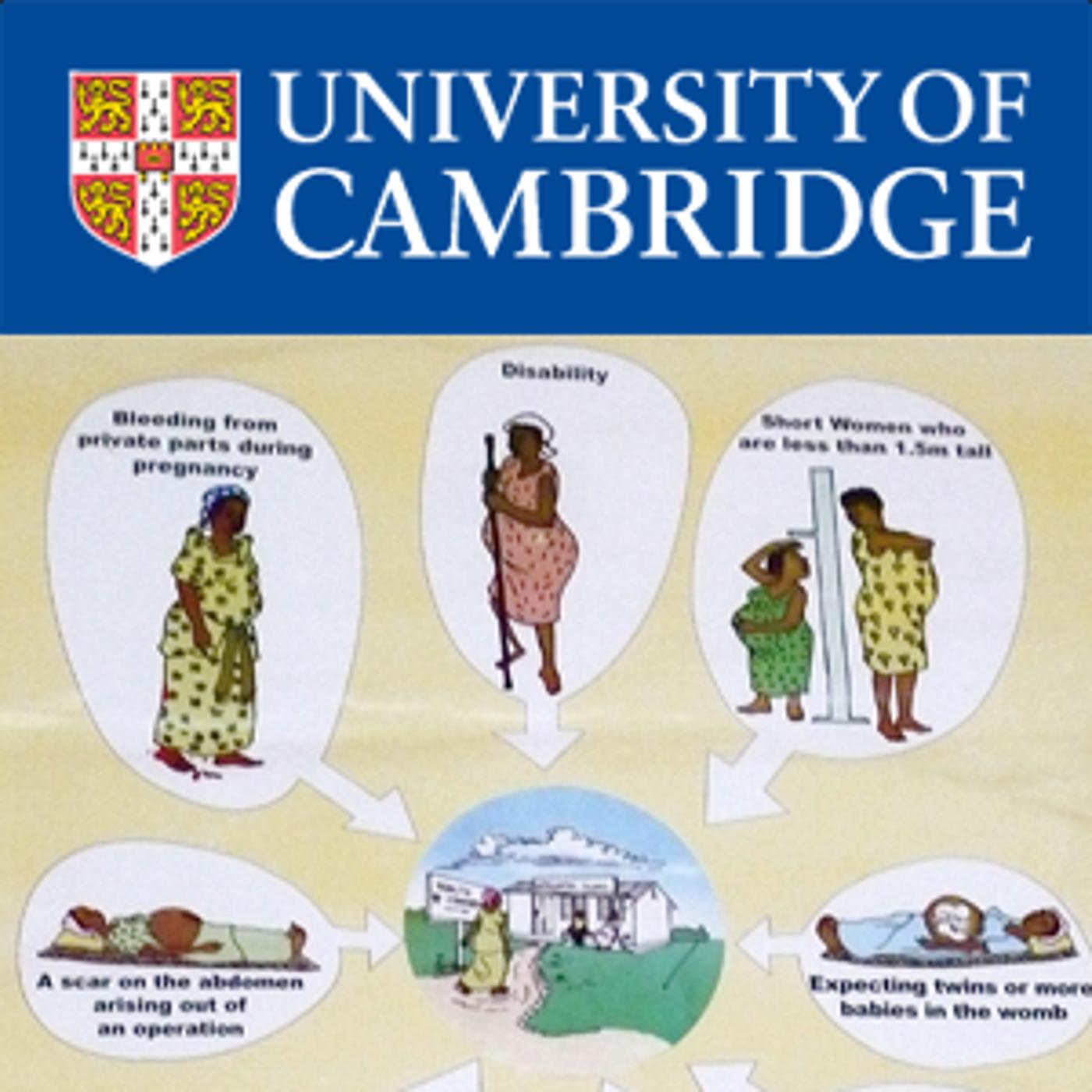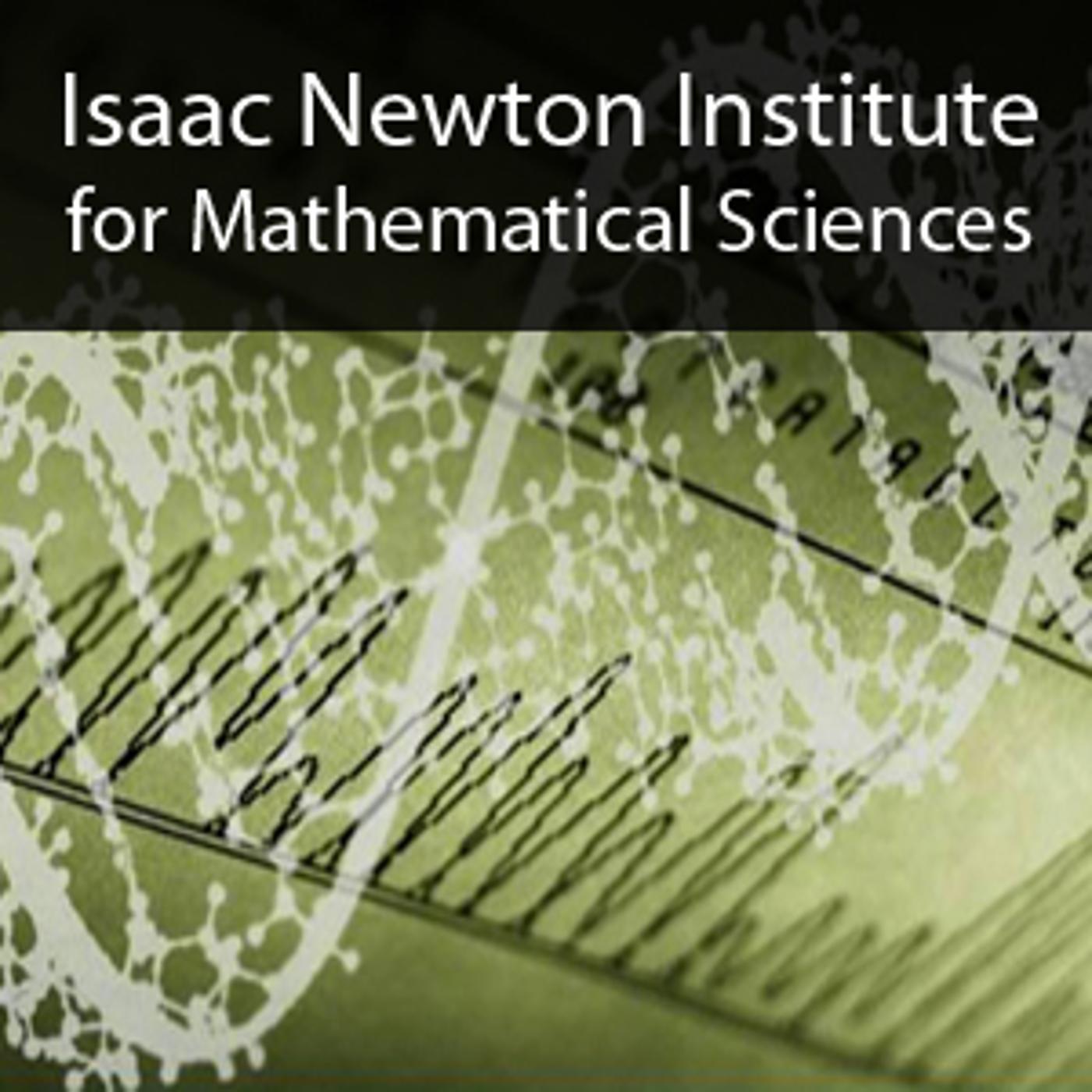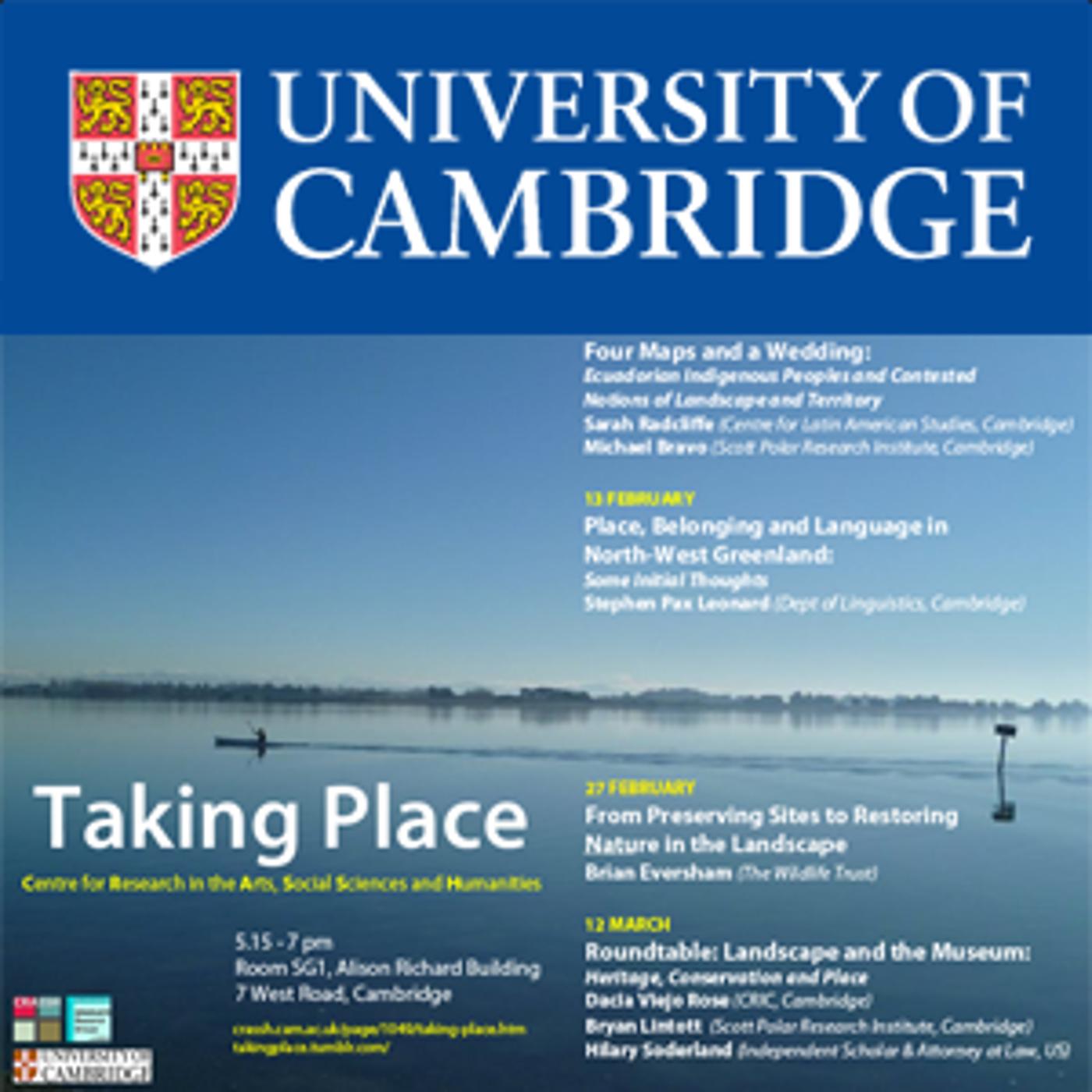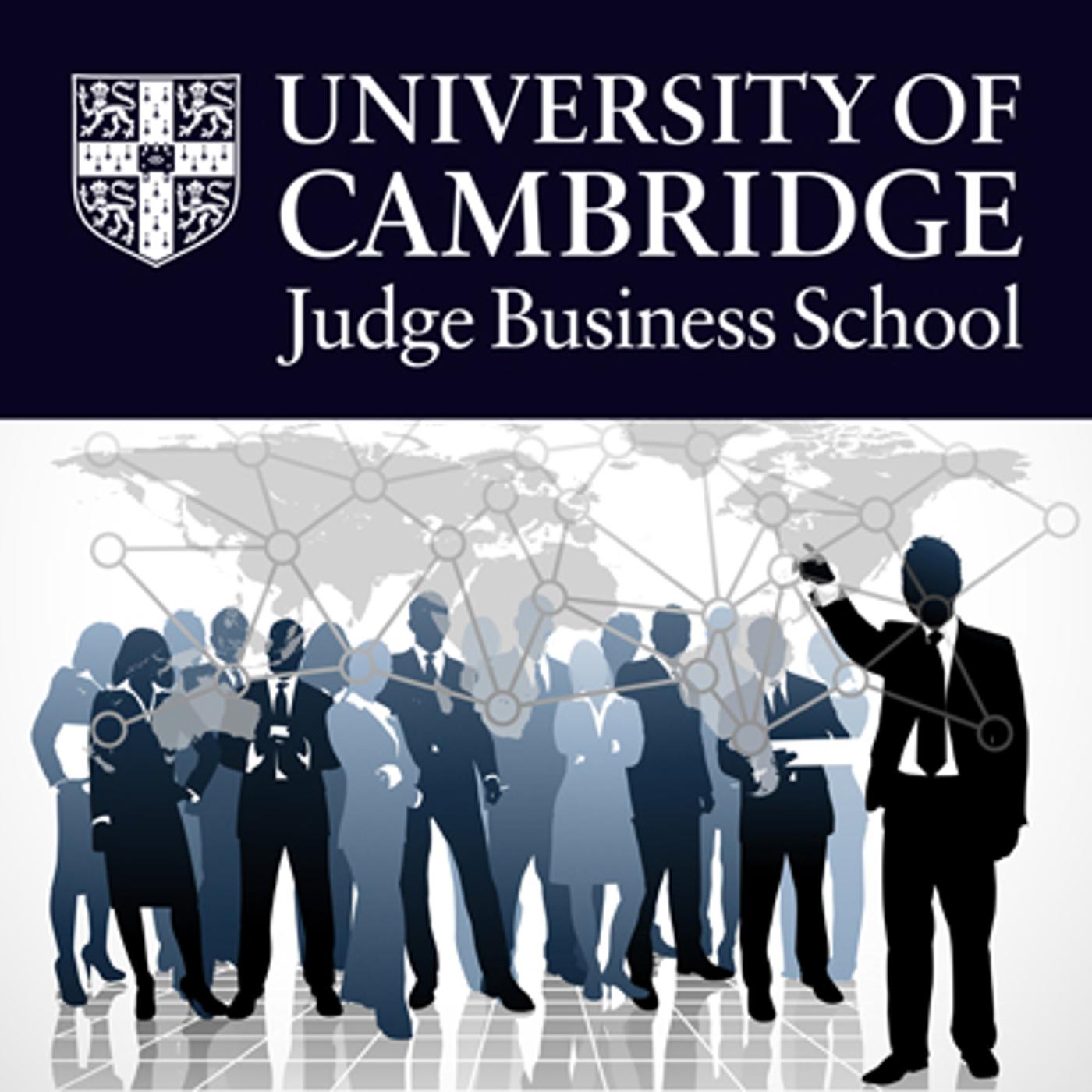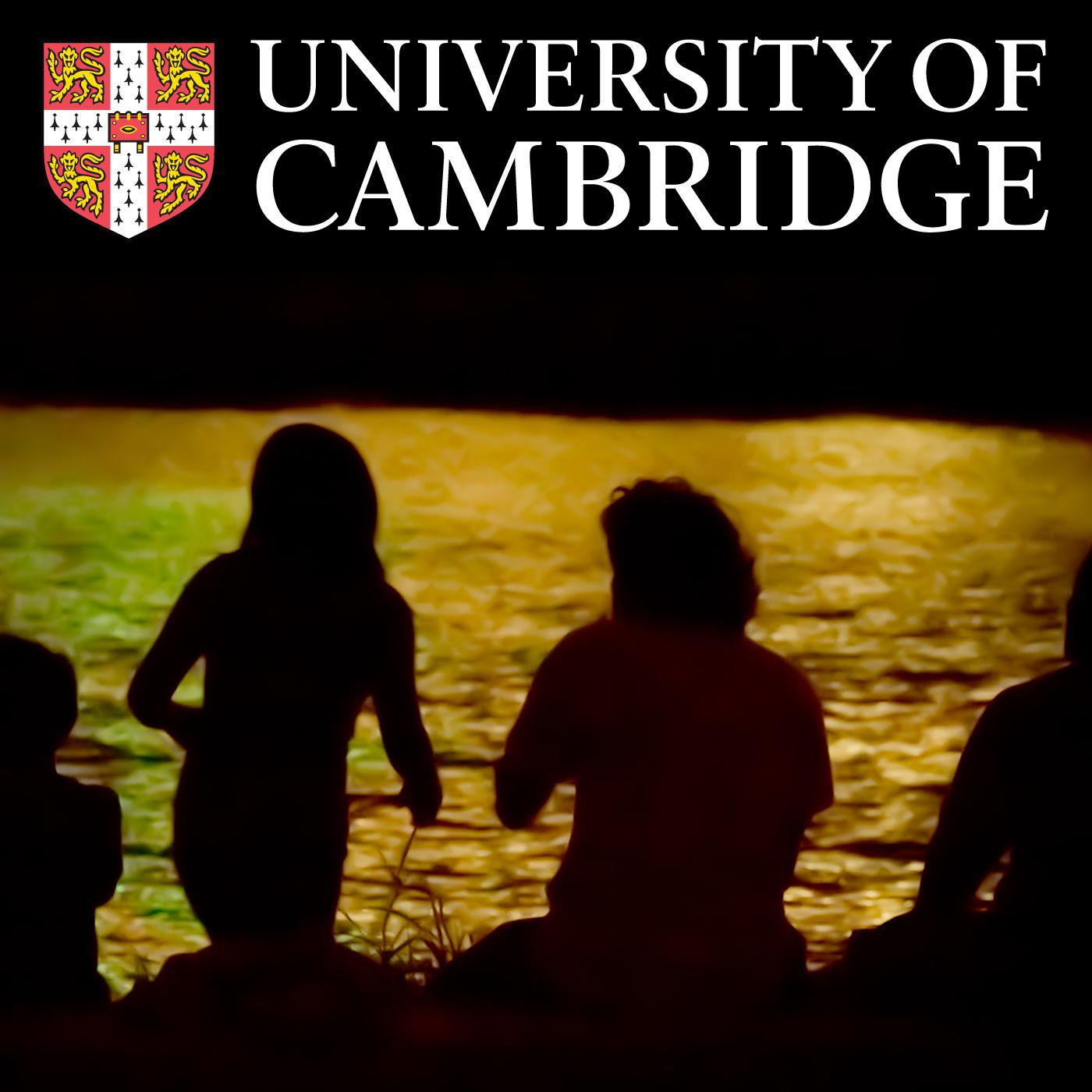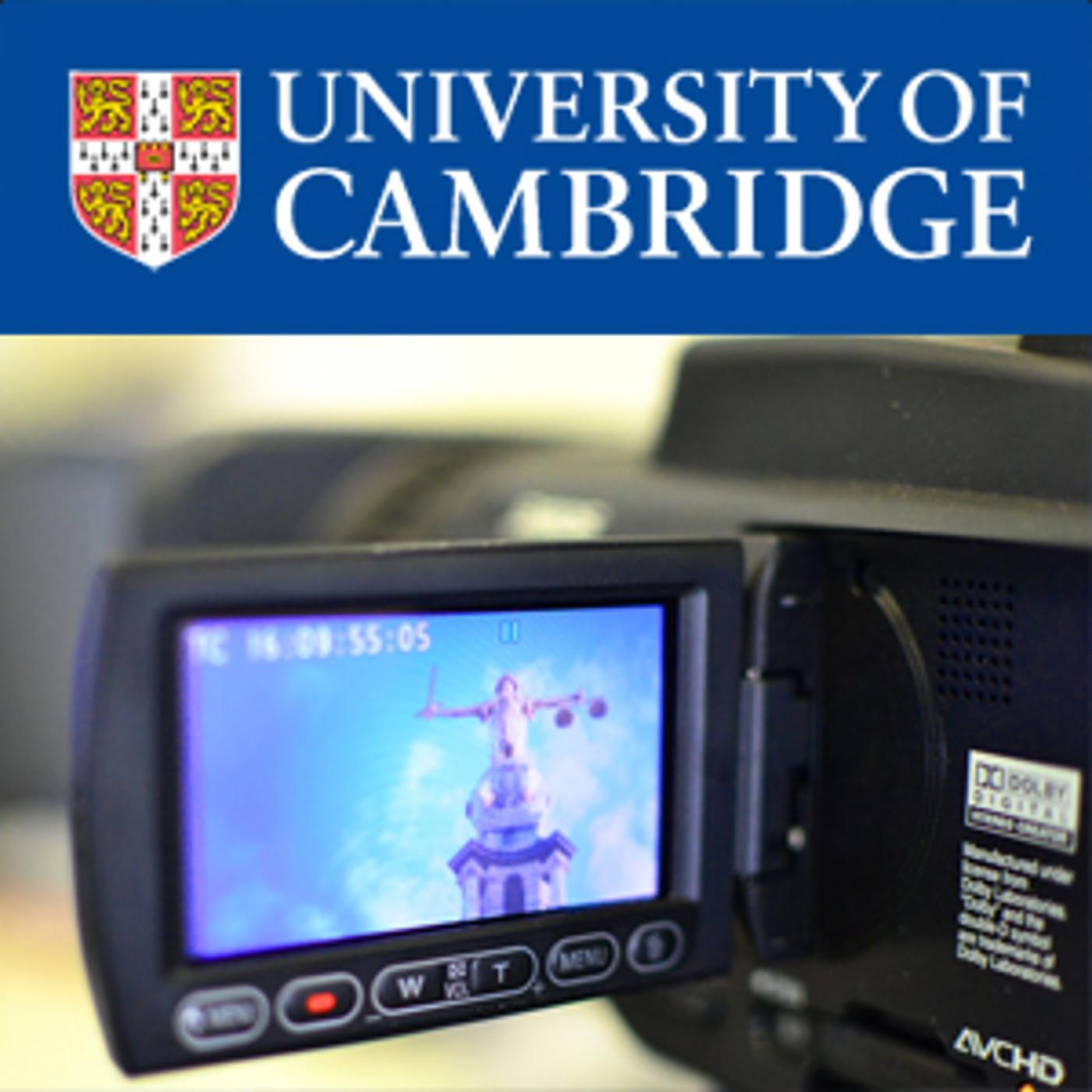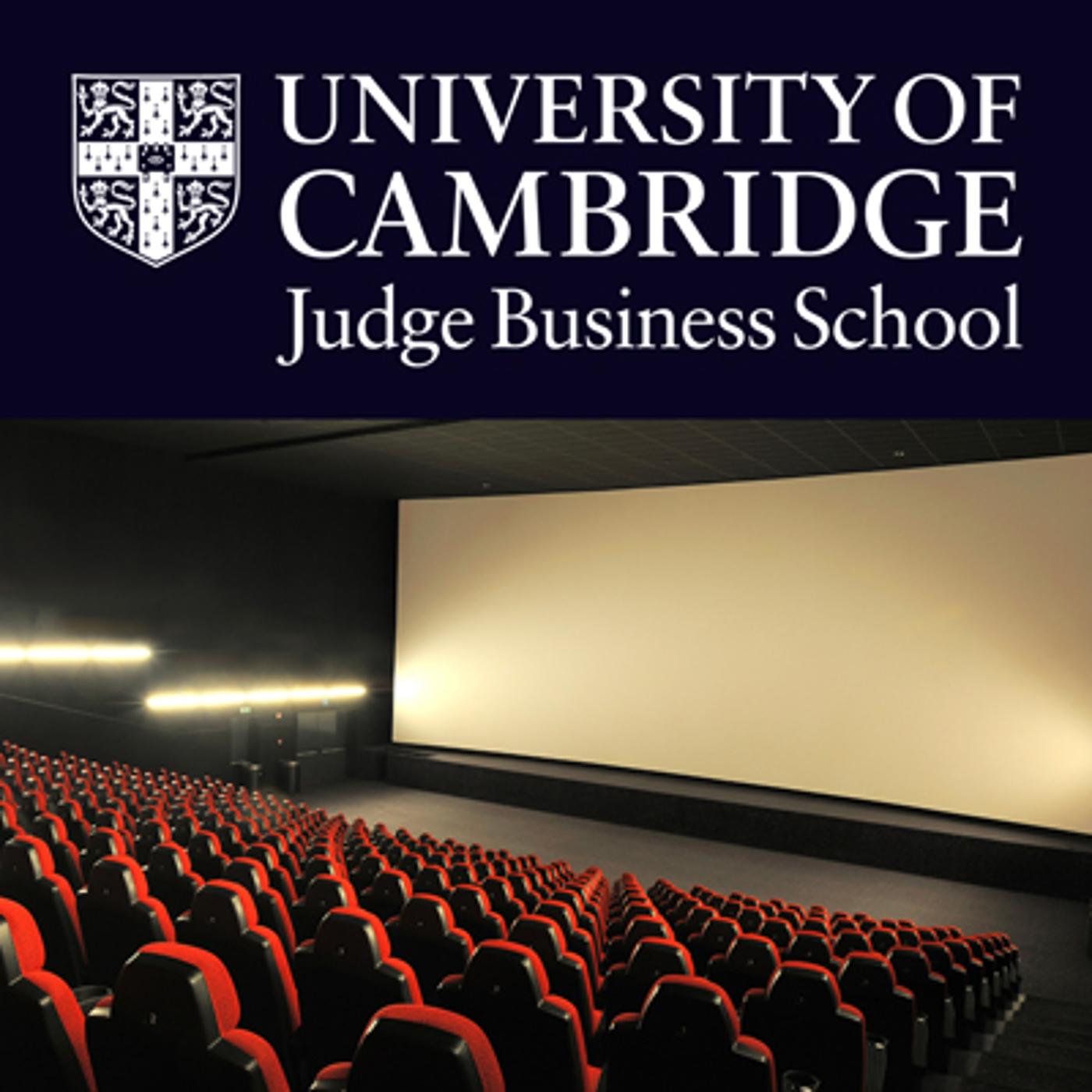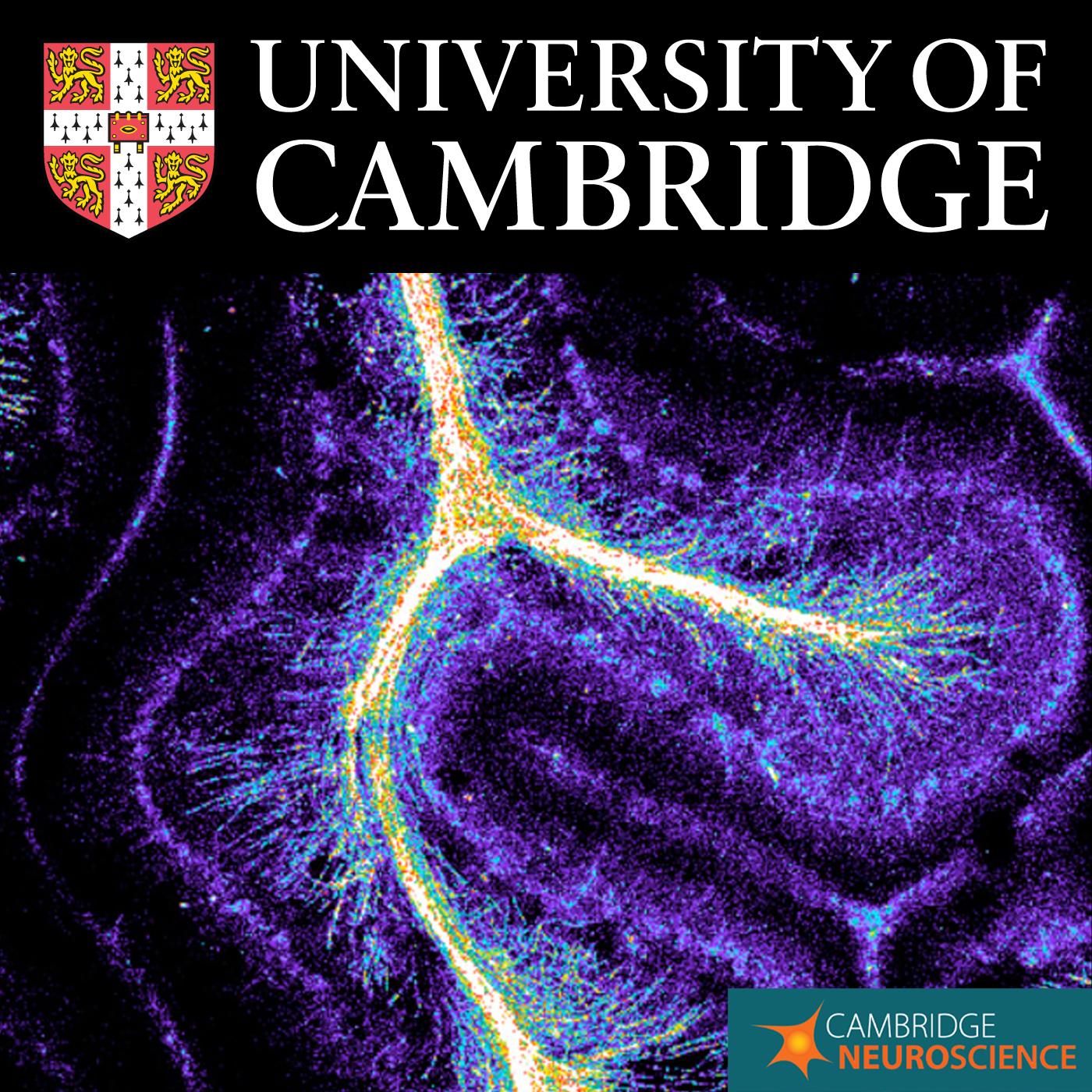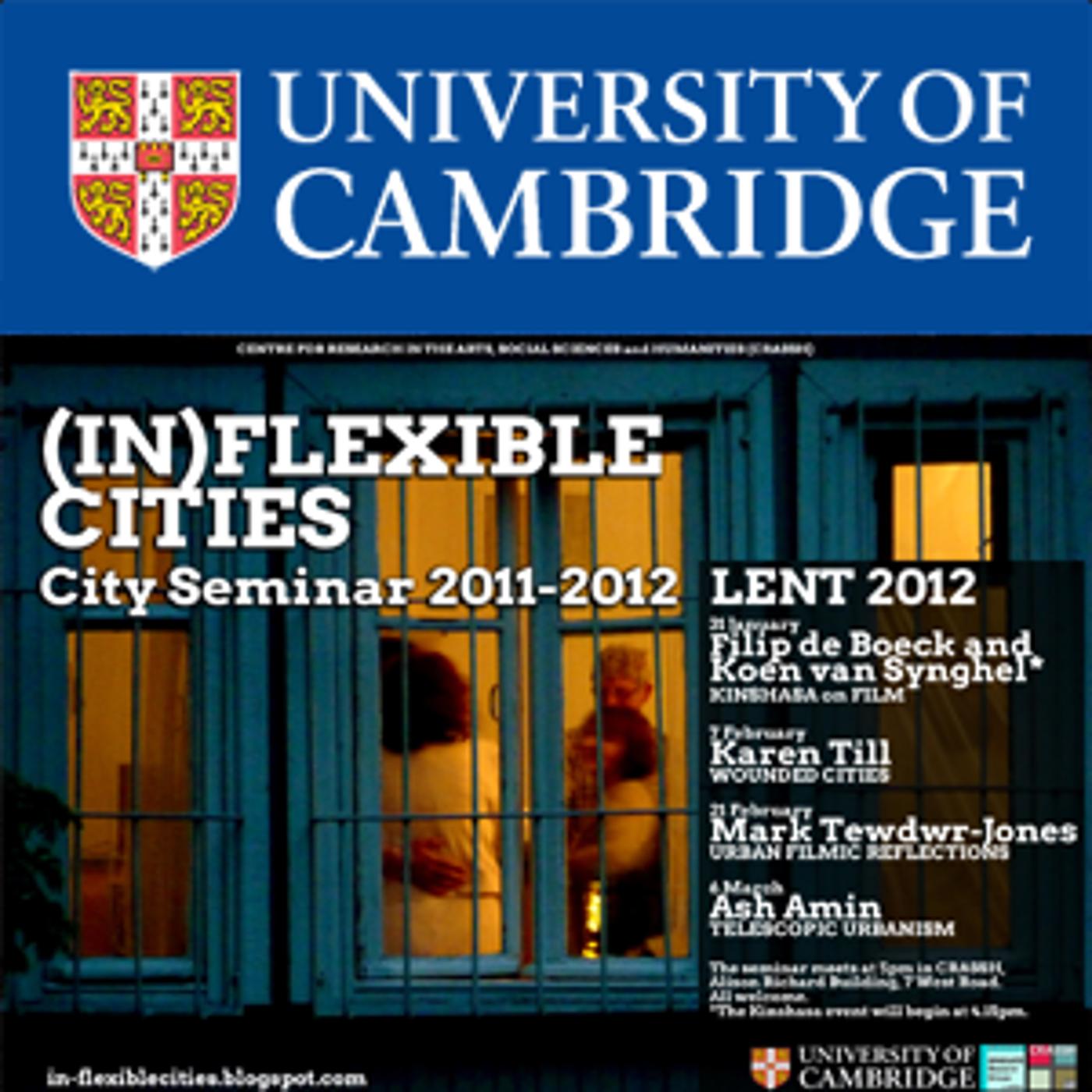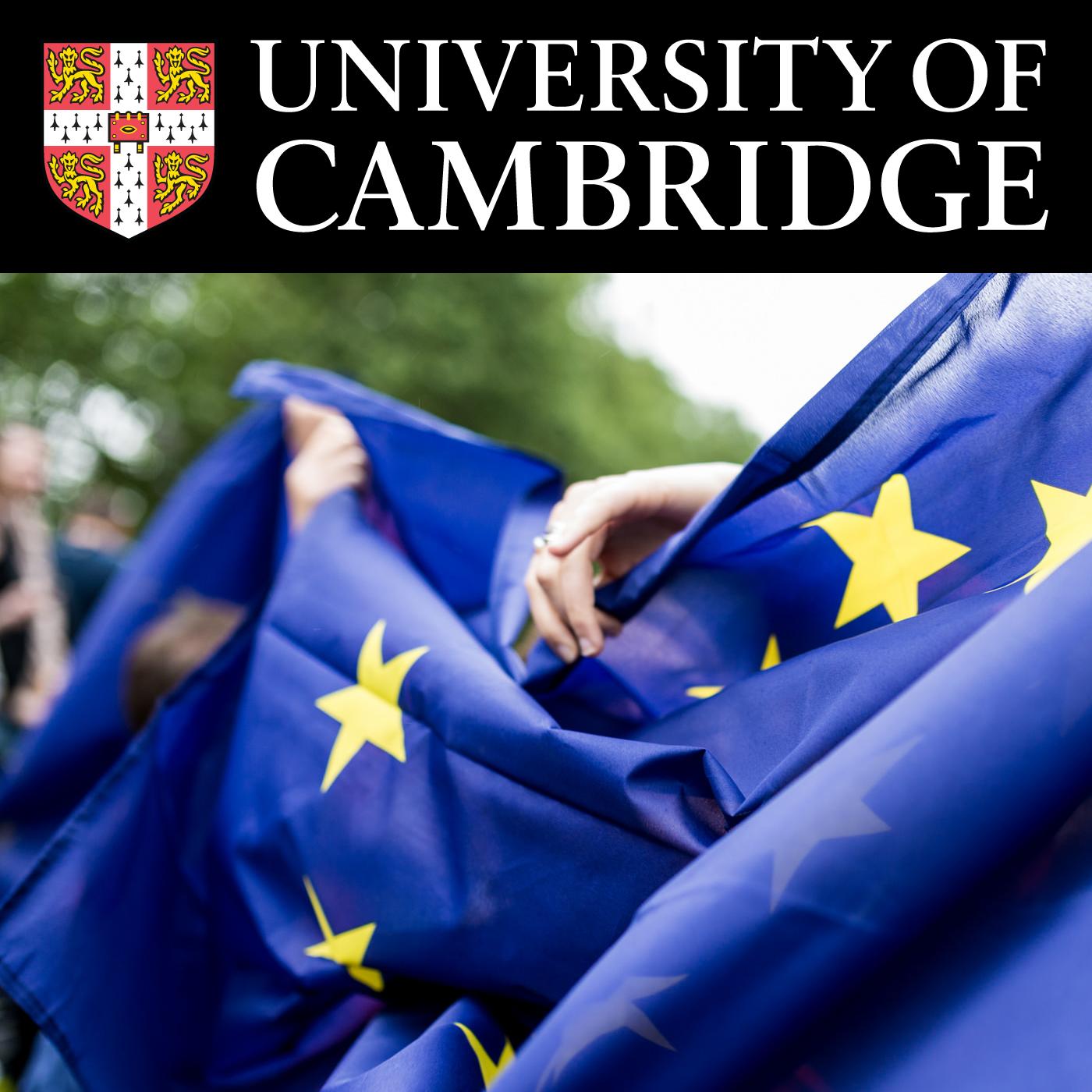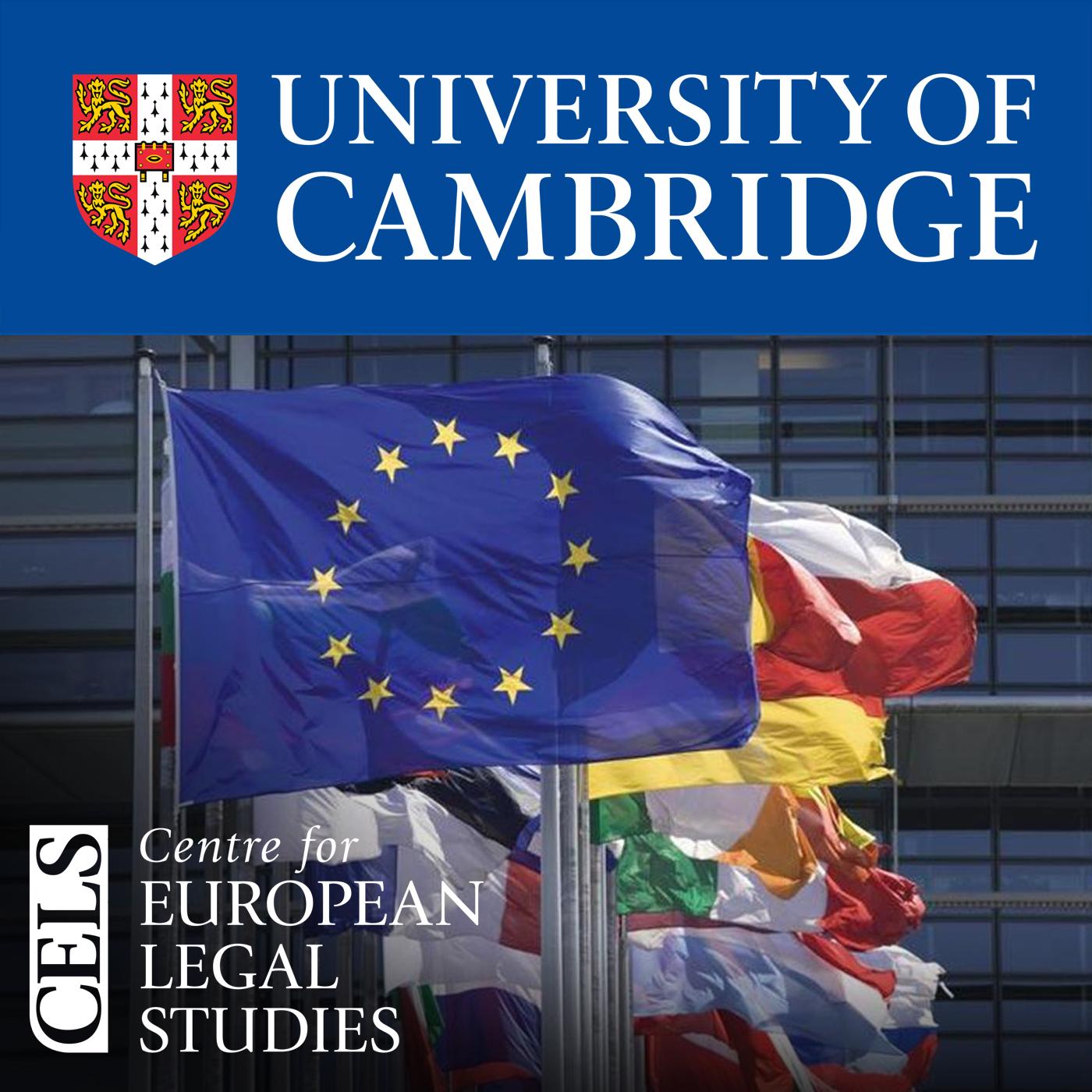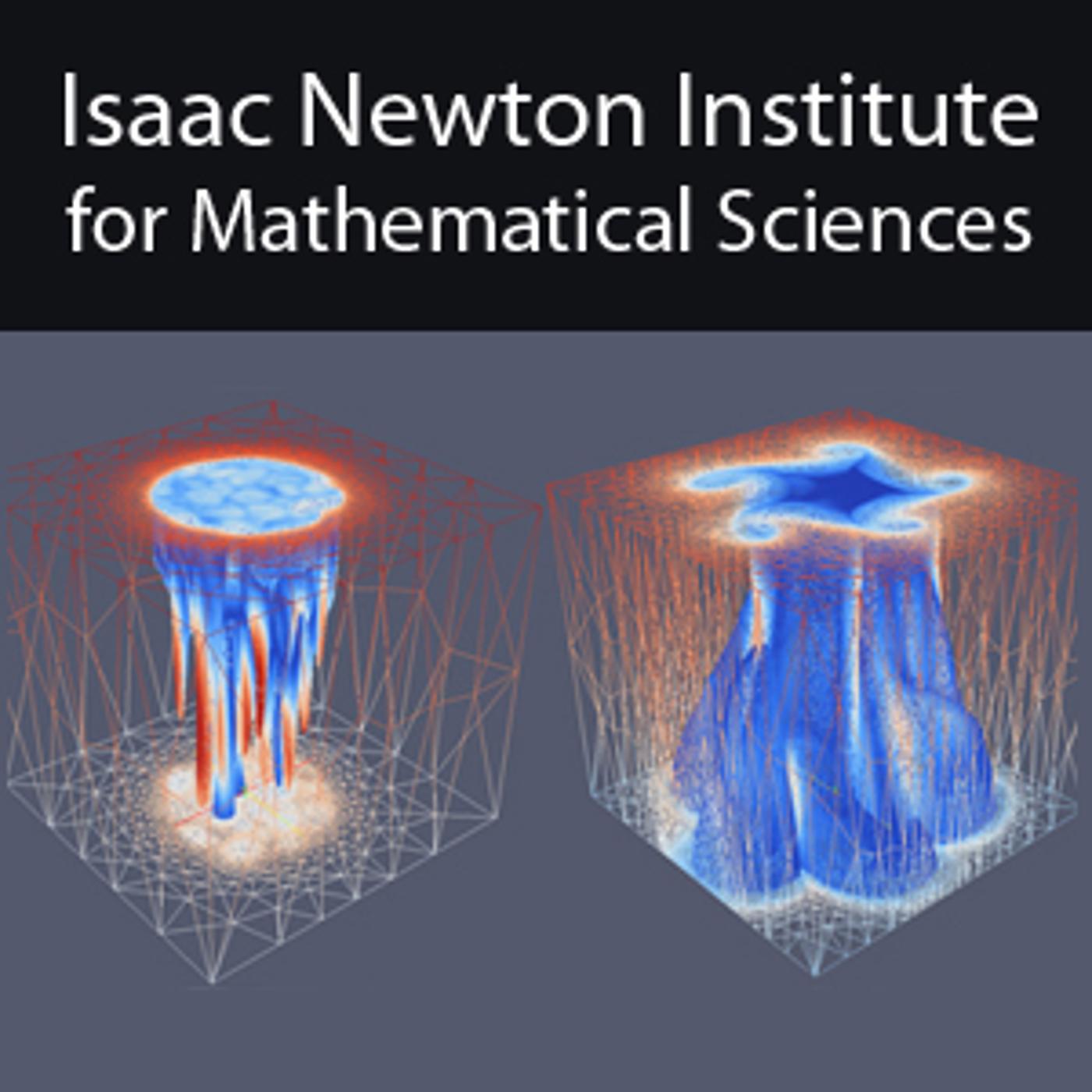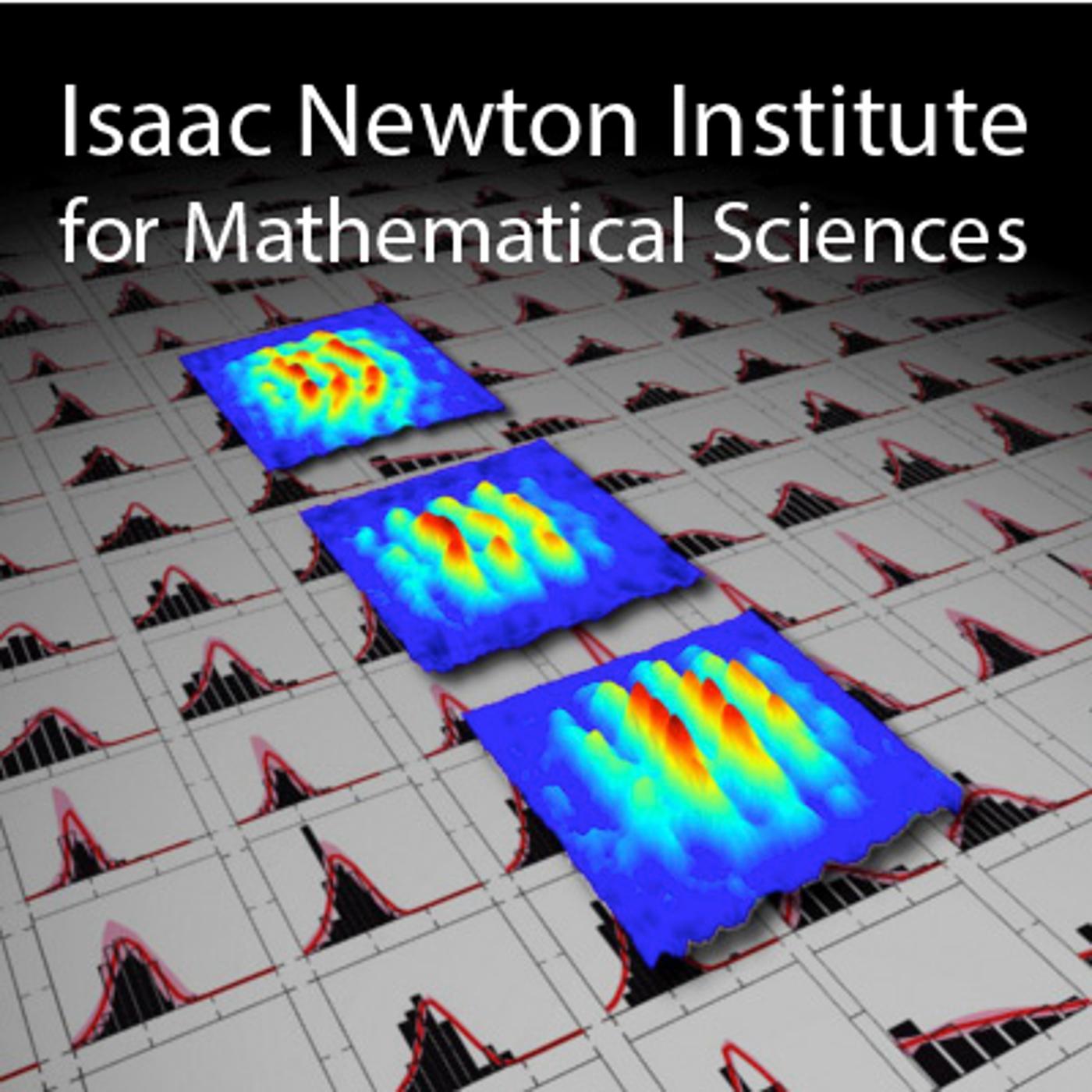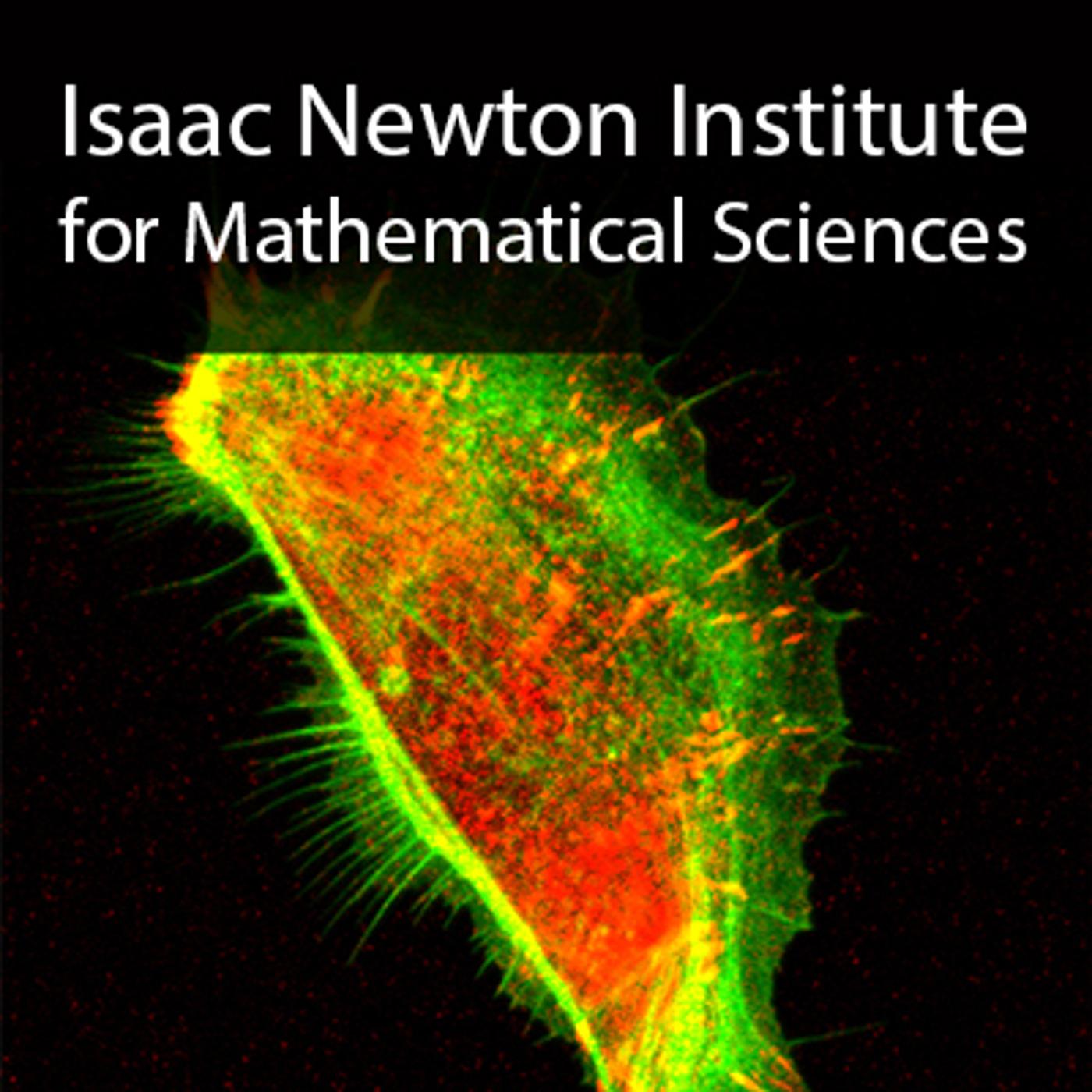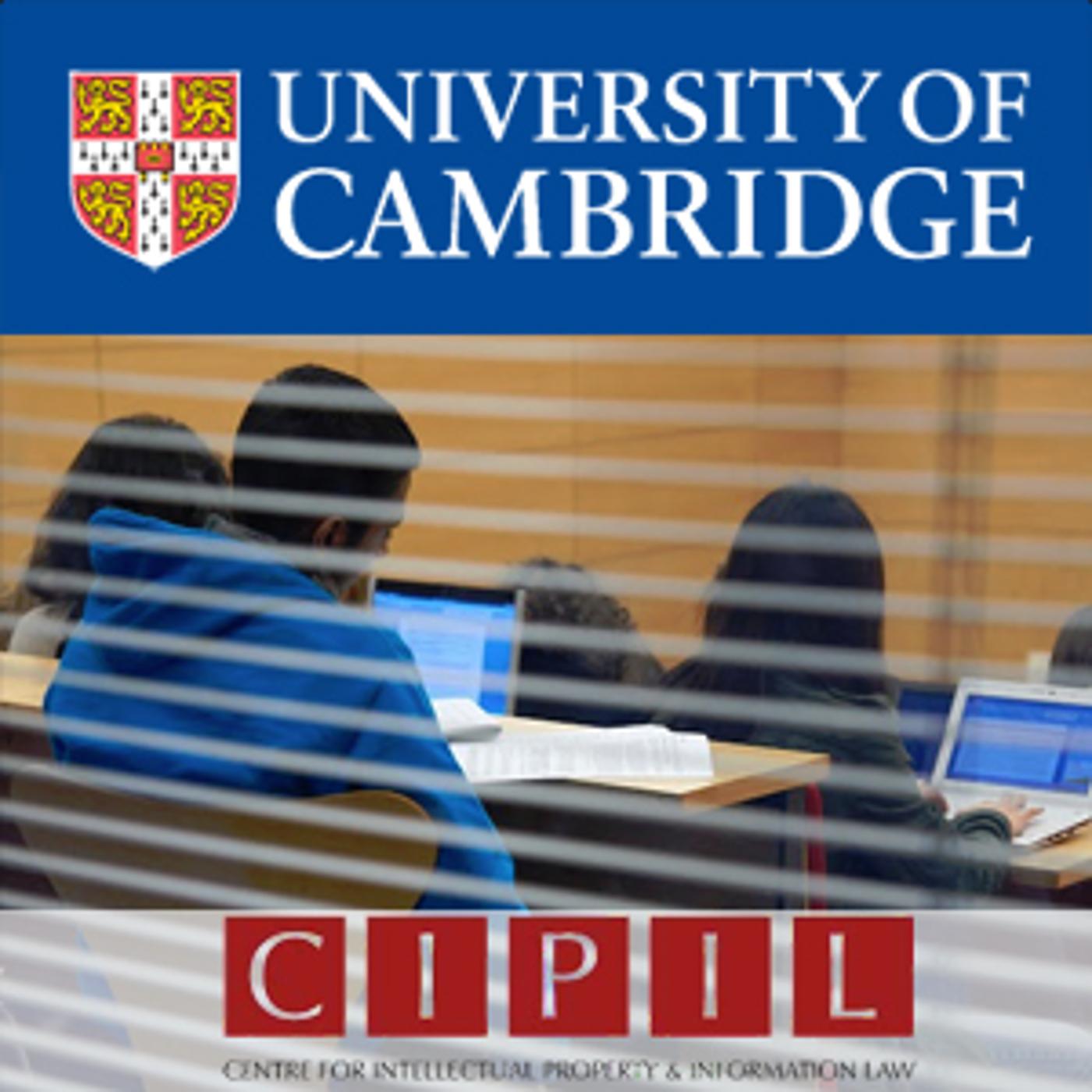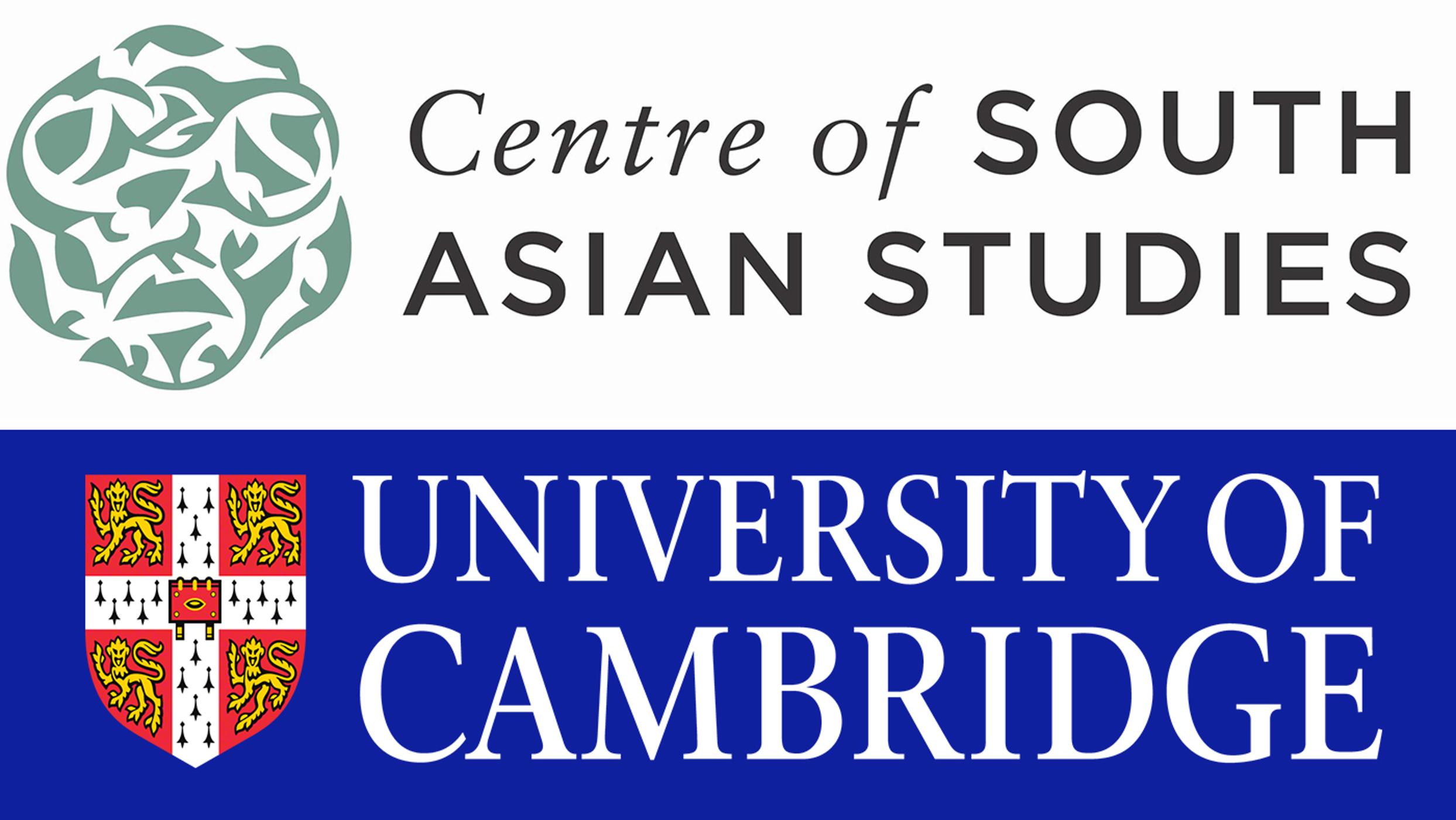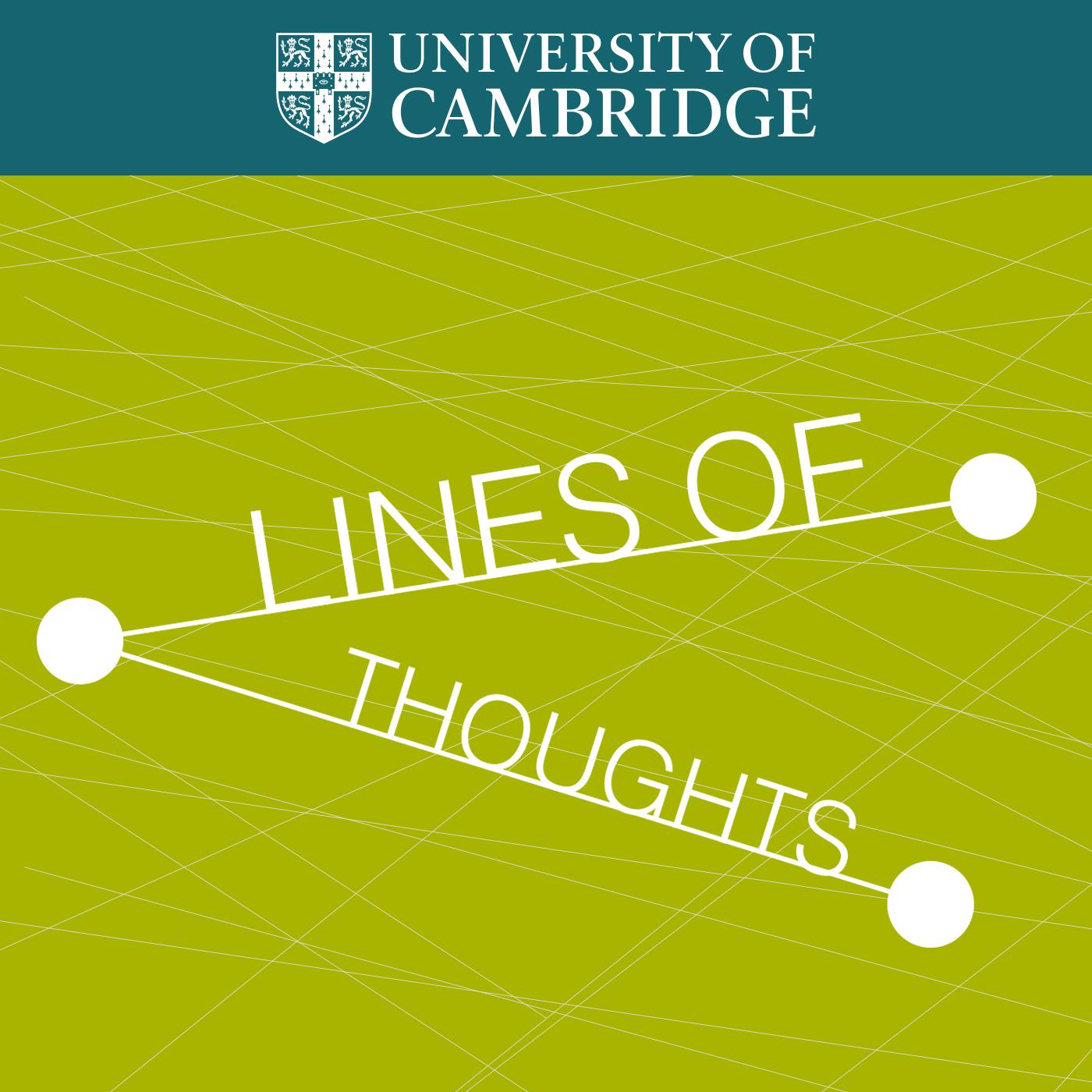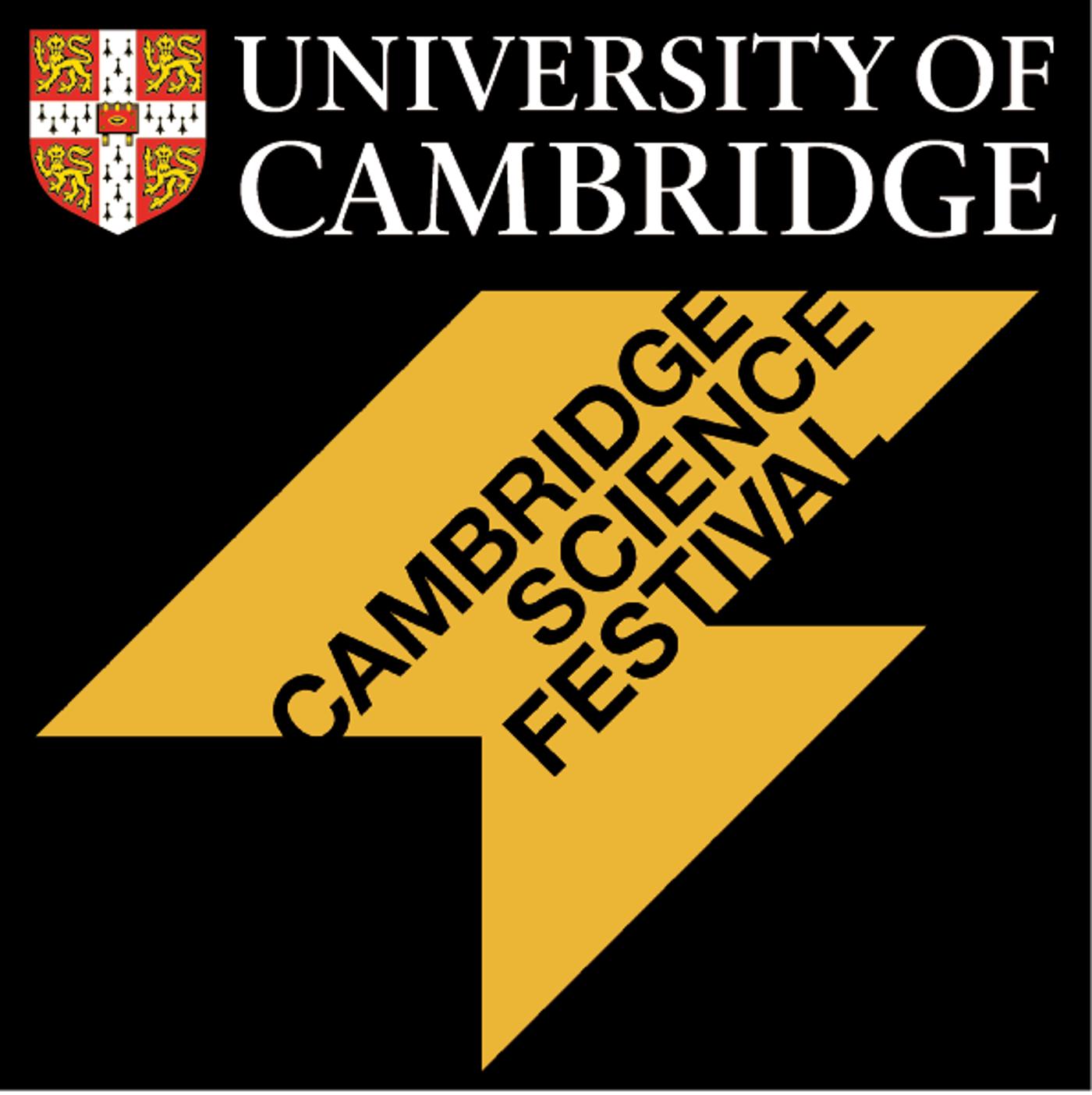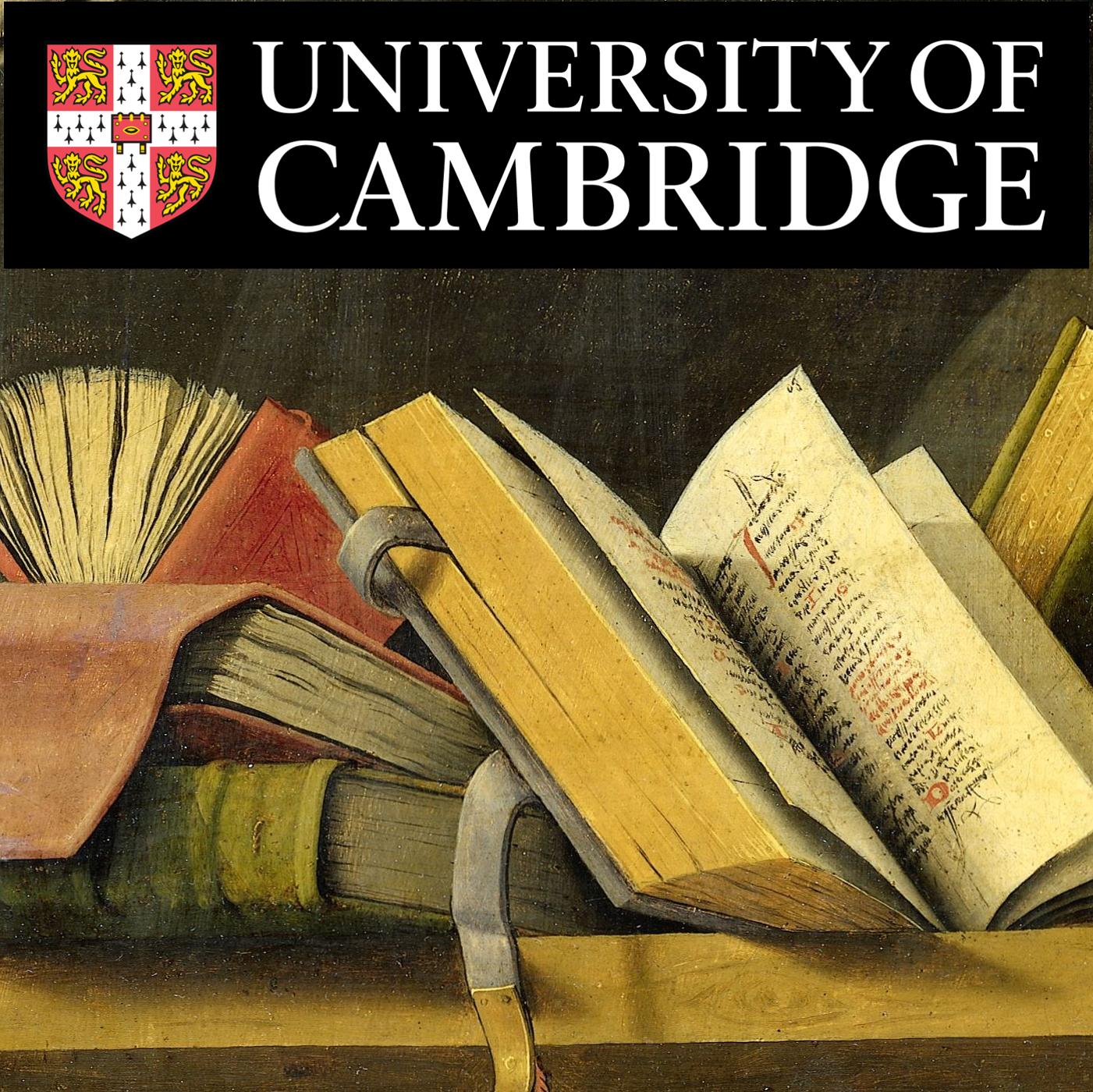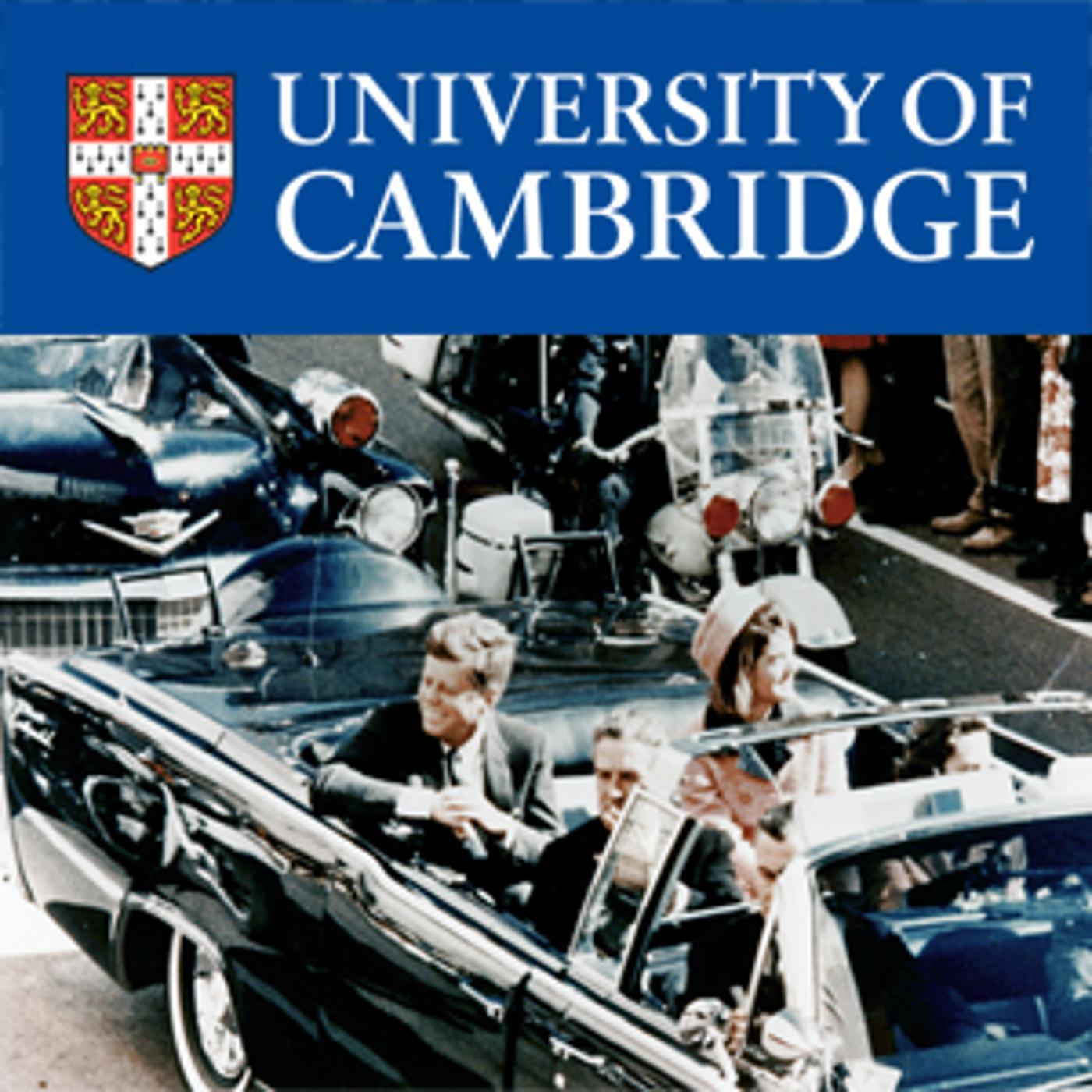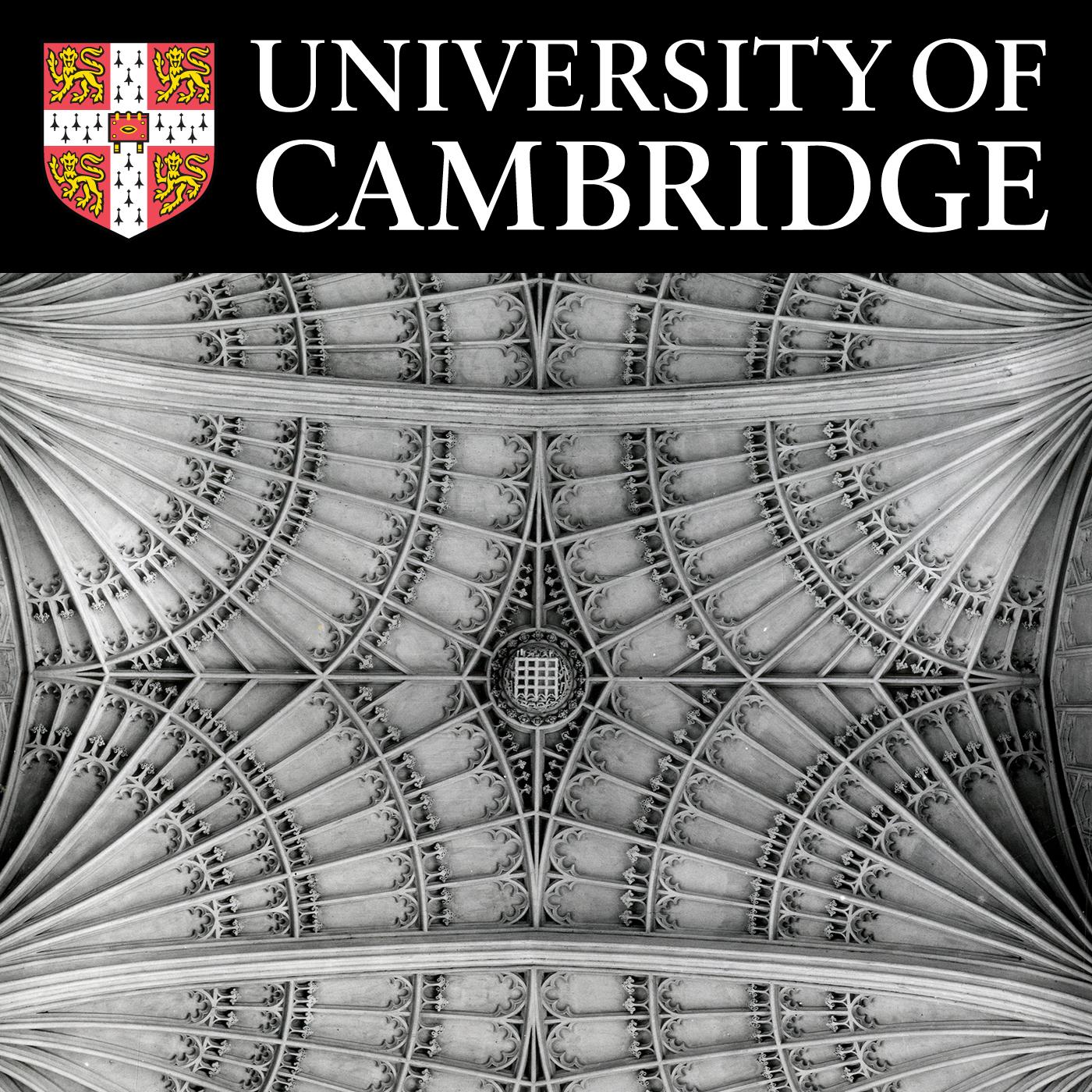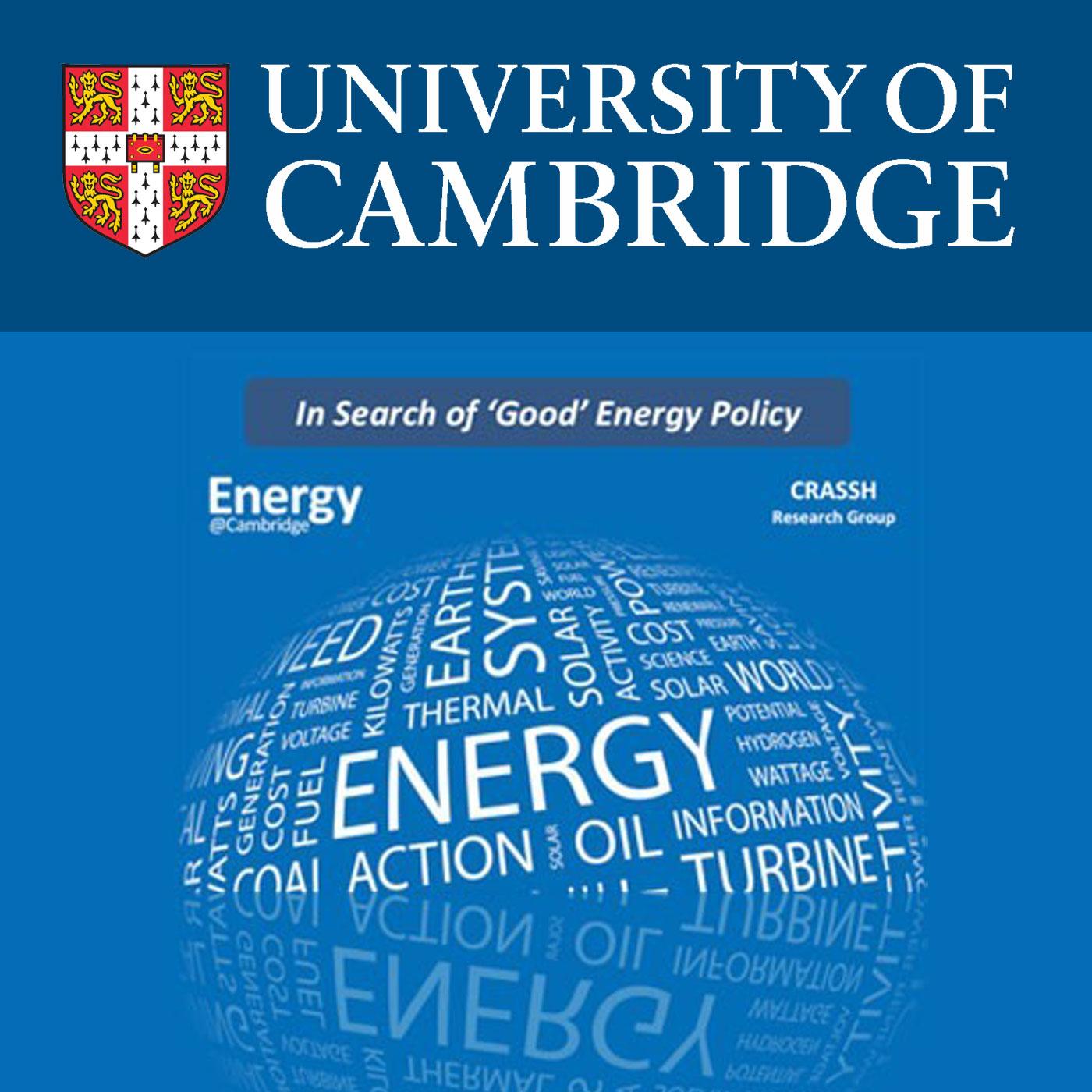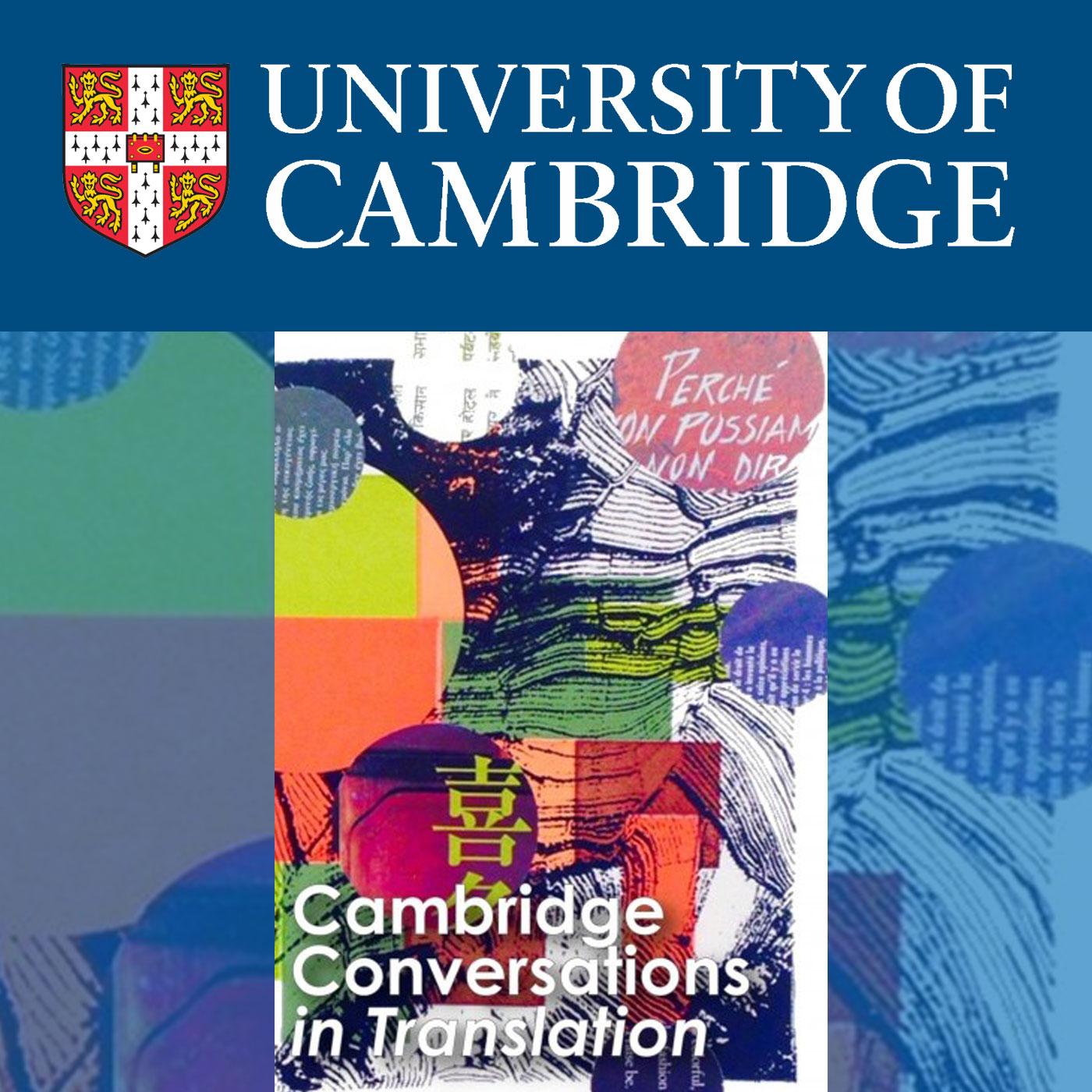Cambridge University
Lie theory has profound connections to many areas of pure and applied mathematics and mathematical physics. In the 1950s, the original "analytic" theory was extended so that it also makes sense over arbitrary algebraically closed fields, in particular, fields of positive characteristic....
Cambridge Judge Business School Discussions on ...
Cambridge University's leading thinkers delve beyond the headlines to show us what history, anthropology and even hormones can teach us about the credit crunch.
Films and podcasts from the Gates Cambridge Scholarships.
Established in 1816, The Fitzwilliam Museum is the principal art museum of the University of Cambridge. These podcasts offer the chance to learn more about the Museum's treasures, which range from Ancient Egyptian, Greek and Roman antiquities to the arts of the 21st century, with exclusive...
Safeguarding our passage through the 21st Century
The Centre for the Study of Existential Risk is an interdisciplinary research centre focused on the study of risks threatening human extinction that may emerge from technological advances. CSER aims to combine key insights from the best minds...
Millennium Development Goal 5 (MDG5) aims to improve maternal health. Unlike other MDGs, few countries are on track to achieve even the first goal of MDG 5, namely, to reduce maternal mortality by 75%. Sub-Saharan Africa suffers from the highest regional maternal mortality rate (MMR) at 640...
The current generation of high-throughput genetic and genomic platforms, has had a great impact on biomedical research, and given new impetus to studies of molecular mechanisms of genetic disease, and to systems biology. The next big technological step forward is the advent of cheap, fast,...
The Darwin 2009 Festival, 5-10 July 2009, celebrated the bicentenary of Darwin’s birth and the sesquicentenary of the publication of his most famous book, On the Origin of Species. About 1500 people attended the core Festival and at least the same number again attended the related exhibitions,...
Cutting-edge expert commentary, analysis and business insights on the leadership issues of the day from Cambridge Judge Business School's global faculty, associates and guest speakers.
In this podcast series we will be talking to staff and students based at the Centre for Family Research about their research.
The Centre for Family Research has a worldwide reputation for innovative research that increases understanding of children, parents and family relationships with a...
Signature events from Cambridge University.
Law in Focus is a collection of short videos featuring academics from the University of Cambridge Faculty of Law, addressing legal issues in current affairs and the news. These issues are examples of the many which challenge researchers and students studying undergraduate and postgraduate law at...
Cutting-edge expert commentary, analysis and business insights on the media, arts and cultural issues of the day from Cambridge Judge Business School's global faculty, associates and guest speakers.
From the University of Cambridge comes Brain Chat, reporting on exciting brain research revolutions presented at Cambridge Neuroscience events.
A week of interdisciplinary discussion events to engage University of Cambridge students and the local community in key current debates about Brexit and the UK’s future relationship with the EU. Photo credit: June-2016_0010 by Ed Everett on Flickr -...
The Centre for European Legal Studies (CELS) at the Faculty of Law, University of Cambridge, runs a series of lunchtime seminars during the Michaelmas and Lent Terms. These seminars provide a platform for the presentation of new ideas by leading scholars from inside and outside the University....
A podcast created by Dr Paul Daly, University Senior Lecturer in Public Law at the University of Cambridge (https://www.law.cam.ac.uk/people/academic/p-daly/2294).
In this series Dr Daly and Derek Bowett (Fellow in Law (Queens' College)) discuss contemporary issues with experts from around the...
Numerical models of the atmosphere and ocean have proved to be immensely valuable forecasting tools for short time-scale weather and longer time-scale seasonal and climate prediction. As the decades pass, these models have been improving due to increased computing power, improved modelling of the...
Quantum Integrability is a rich and highly cross-disciplinary subject, with fascinating mathematical structures and a wide spectrum of physical applications. It is the key tool for understanding critical properties of numerous quantum systems at and out of equilibrium, such as spin chains or the...
The aim of this six-month research programme is to create a unique forum to strengthen and develop research links between state-of-the-art experimental "wet" sciences (biology, medicine, bio-physics) and theoretical "dry" sciences (pure, applied and computational mathematics, theoretical physics,...
The Centre for Intellectual Property and Information Law CIPIL was founded in 2004. Through its activities, CIPIL aims to promote the investigation, understanding and critical appraisal of these important fields of law. The CIPIL Intellectual Property Seminar Series brings together specialist...
Audio files of the weekly seminars held at the Centre of South Asian Studies, as well as of other events in the Centre's academic programme.
Some of the world’s most valuable books and manuscripts – texts which have altered the very fabric of our understanding – will go on display in Cambridge this week as Cambridge University Library celebrates its 600th birthday with a once-in-a-lifetime exhibition of its greatest treasures. - See...
The Science Festival provides the public with opportunities to explore and discuss issues of scientific interest and concern and to raise aspirations by encouraging young people to consider a career in science, technology, engineering or mathematics.
Each year, the Festival welcomes visitors to...
The 2016 Sandars Lectures were given by Anthony Grafton, Henry Putnam University Professor of History at Princeton University, under the title 'Writing and reading history in Renaissance England: some Cambridge examples'.
The Sandars Readership in Bibliography was instituted in 1895 with a...
How do conspiracies happen, how can historians use them to understand more about the past, and where do they begin and cease to be relevant to the study of history?
Conspiracy and Democracy, a Leverhulme-funded research project. More information is available at www.conspiracyanddemocracy.org.
The Faculty of Divinity, University of Cambridge, is an international centre of excellence for study, teaching and research in Theology, Biblical Studies, Religious Studies, and the Philosophy of Religion and Ethics.
Energy policy can be a highly contentious area of government policy, which is often described as requiring the reconciliation of affordable, clean, efficient and secure provision of electricity, heating and transportation fuel. Unpacking each term in itself can be fraught: promoting energy...
In recent decades, the theory and practice of translation has become an increasingly prominent area of academic discussion and debate. Offering important opportunities for interdisciplinary research, this flourishing field inevitably promotes interactions across and within a wide range of...
